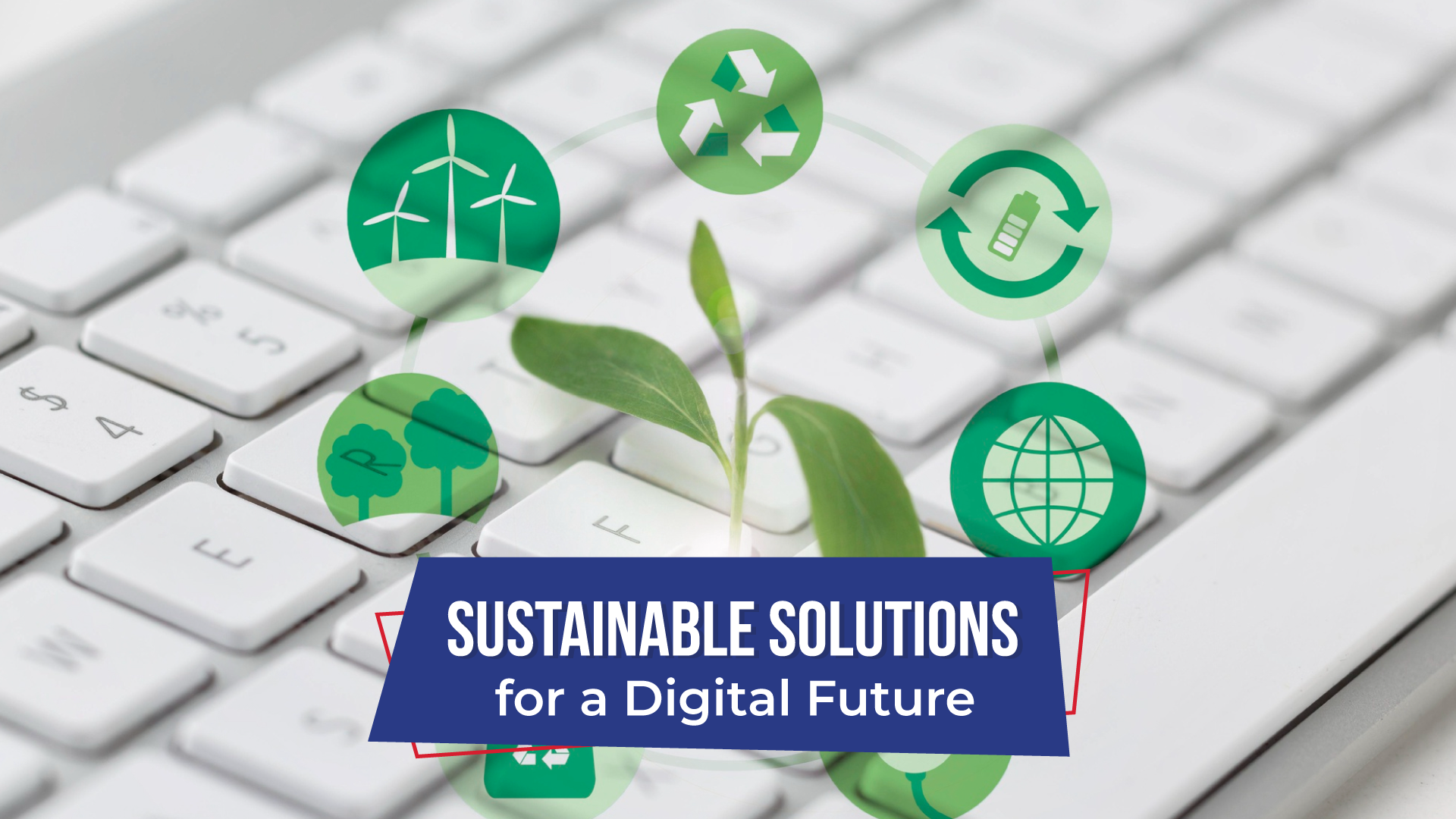
Sustainable Software: Building a Greener Future, Line by Line
Understanding Sustainable Software Development Sustainable software development is a holistic approach to building software that considers the environmental, social, and economic impacts throughout the entire software lifecycle. This includes minimizing energy consumption, reducing carbon emissions, optimizing resource utilization, and promoting ethical and inclusive practices. By adopting sustainable software development principles, organizations can mitigate their environmental footprint and contribute to a more sustainable future. Minimizing Energy Consumption One of the key aspects of sustainable software development is minimizing energy consumption, both during development and operation. This involves optimizing code to be more energy-efficient, reducing the computational resources required for execution, and leveraging energy-efficient hardware and infrastructure. By writing efficient code and optimizing algorithms, developers can significantly reduce the energy consumption of software applications without compromising performance or functionality. Optimizing Resource Utilization In addition to minimizing energy consumption, sustainable software development involves optimizing resource utilization across the entire software stack. This includes optimizing database queries, reducing memory usage, and minimizing network bandwidth, among other optimizations. By reducing resource usage, organizations can minimize their environmental impact, lower operational costs, and improve the overall efficiency of software systems. Promoting Ethical and Inclusive Practices Sustainable software development also encompasses ethical and inclusive practices that prioritize social responsibility and equity. This includes ensuring accessibility for users with disabilities, promoting diversity and inclusion within development teams, and respecting user privacy and data protection rights. By building software that is accessible, inclusive, and respectful of user rights, organizations can create more equitable and sustainable digital ecosystems. Embracing Open Source and Collaboration Open source software development fosters collaboration, transparency, and innovation by allowing developers to freely access, modify, and distribute code. By embracing open source principles and contributing to open source projects, organizations can leverage existing solutions, reduce duplication of effort, and accelerate the pace of innovation. Additionally, open source software tends to be more transparent and auditable, making it easier to identify and address environmental and ethical concerns. Conclusion: Towards a Greener Future In conclusion, sustainable software development offers a pathway towards a greener, more environmentally sustainable future. By adopting energy-efficient coding practices, optimizing resource utilization, promoting ethical and inclusive practices, and embracing open source principles, organizations can reduce their environmental footprint and contribute to a more sustainable digital ecosystem. As we continue to navigate the challenges of climate change and environmental degradation, sustainable software development will play an increasingly important role in shaping a more sustainable future for generations to come.